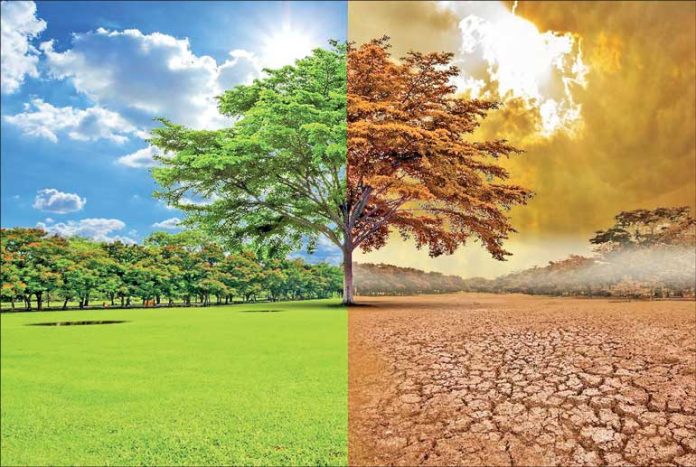The federal government has been urged to mainstream climate change as a subject in the educational curriculum by attendees of the national conference on climate change.
This information is found in a statement released during a two-day national meeting in Abuja and signed by Akinbode Oluwafemi, the organization’s executive director.
Making the curriculum conventional, according to the participants, was vital to pique students’ interests and produce a new generation of activists who care about the environment.
Read Also: REAN seeks duty-free importation of solar panels, others
To pique youth interest and create a new generation of activists who care about the environment, climate change must be integrated into the national curriculum. The current climate change policy documents must be made simpler for the younger generation to understand and be engaged, according to the statement.
It called for “a Nigeria climate watchdog comprising frontline communities, civil society, development experts, the academia and the media, among other crucial stakeholders” and noted the need for training Nigerian journalists to report on climate change in-depth, expose false solutions, and maintain a spotlight on real solutions to the crisis.
The statement also stated that this will help examine Nigeria’s response to climate change and boost the drive for the energy transition.
The statement states that it is important to defend the rights of indigenous people, who are the original landowners and whose way of life and culture are being destroyed.
Read Also: ASUU strike: Buhari govt killed education, we’ll bury it – NANS
The Nigeria Social Forum needs to be reinvented, and it must take into account minor requests in the area of the environment and climate change. The statement went on to emphasize the necessity of forming a team that will develop “defined granular” activities with the mandate to coordinate, prioritise, and engage relevant state actors on a jointly developed climate change agenda. It further stated that alliance building, partnerships, and engagement with the National Climate Change Council, the African Group of Negotiators, and the UNFCCC processes should be strengthened.















